In many ways, Spy represents Melissa McCarthy returning to a formula that’s served her pretty well in recent years. The action-comedy pairs the actress with director Paul Feig for the third time after Bridesmaids and The Heat. McCarthy gets kitted out in humorously dowdy style (a variation on a theme, replacing Bridesmaids‘ bowling shirt and Kangol hat with some truly great wigs) and takes some effective pratfalls. But the film meaningfully revises the McCarthy formula. While this isn’t Melissa McCarthy’s showiest performance, it represents real evolution. Amidst broad comedy, McCarthy, more than ever before, found a character.
In Spy, McCarthy finds herself in some of the wackiest situations of her career even before the main action of the movie gets going. As Susan Cooper, a deskbound CIA analyst, she’s pelted with rats; it turns out her corner of Langley is in severe disrepair. And once situations conspire to place her on a mission to Europe to track Rose Byrne’s arms-dealer character, she’s given embarrassingly unflattering costumes and aliases and tips over on a motorbike. But for all that Spy is silly, it also has a soul: McCarthy, usually so brash, is unusually subdued at first. Her character, we learn, has been taught throughout life to never stand out. When she finally decides to go glamorous, rejecting the schmatte headquarters has given her in favor of sleek eveningwear, it feels like a victory, for McCarthy and Susan both. The character is discovering she can do more than hide her light under a bushel; the actress is getting more of a character arc than she’s ever had.
McCarthy’s critics (and despite her status as one of the few genuine new movie stars in recent years, she has them) allege that McCarthy’s performances fall along similar, and similarly self-flagellating lines. A McCarthy character is perpetually falling down or embarrassing herself, in a way that ultimately demeans the actress herself. This argument is fairly limiting—McCarthy’s characters tend, indeed, to have a brash confidence that counterbalances small humiliations, and besides, McCarthy is really good at those pratfalls. But it’s hard to deny that McCarthy’s recent films have been McCarthy-centric to their detriment. Her characters tend to be so outlandishly loud in all ways that they either need a strong counterbalance (like Sandra Bullock in The Heat) or somewhat limited screen time (as in Bridesmaids) to ensure that the movie doesn’t capsize. In Identity Thief, for instance, the balance was skewed, and McCarthy ran away with a movie that, with little in mind other than getting from one screwy situation to the next, wasn’t much of a prize.
It’s not Susan’s humility that makes McCarthy’s Spy performance so compelling—that would be somewhat depressing. It’s the fact that she moves, over the course of Spy, from dejection to empowerment, a process that relies on the contributions of characters. Even in a supporting role in Bridesmaids, McCarthy tended to soak up all the oxygen while onscreen, a strange fact given how easily she develops chemistry with just about anyone. It’s as though she’s so purely funny that directors and co-stars (like a coasting Sandra Bullock in The Heat) are happy to just let her riff. But coming into her own in Spy, McCarthy has real interactions with both antagonists (Byrne chief among them), a best friend (Miranda Hart) and a would-be savior (Jason Statham). Statham, best known as an action star, plays the would-be superspy whose bravado hides the fact that he’s comically terrible at his job. He’s playing the traditional McCarthy part—a hilarious goof blissfully unaware the joke is on him.
It’s a great part. But it can’t be the only note a performer gets to play. That McCarthy is too sharp-witted and shrewd to take dull traditional leading-lady parts speaks well of her, but it wasn’t until Spy that she earned our sympathies—not just our laughs.
Read next: Here’s Melissa McCarthy Rocking a Dress With Jon Stewart’s Face All Over It
Listen to the most important stories of the day.
Meet Every James Bond Ever
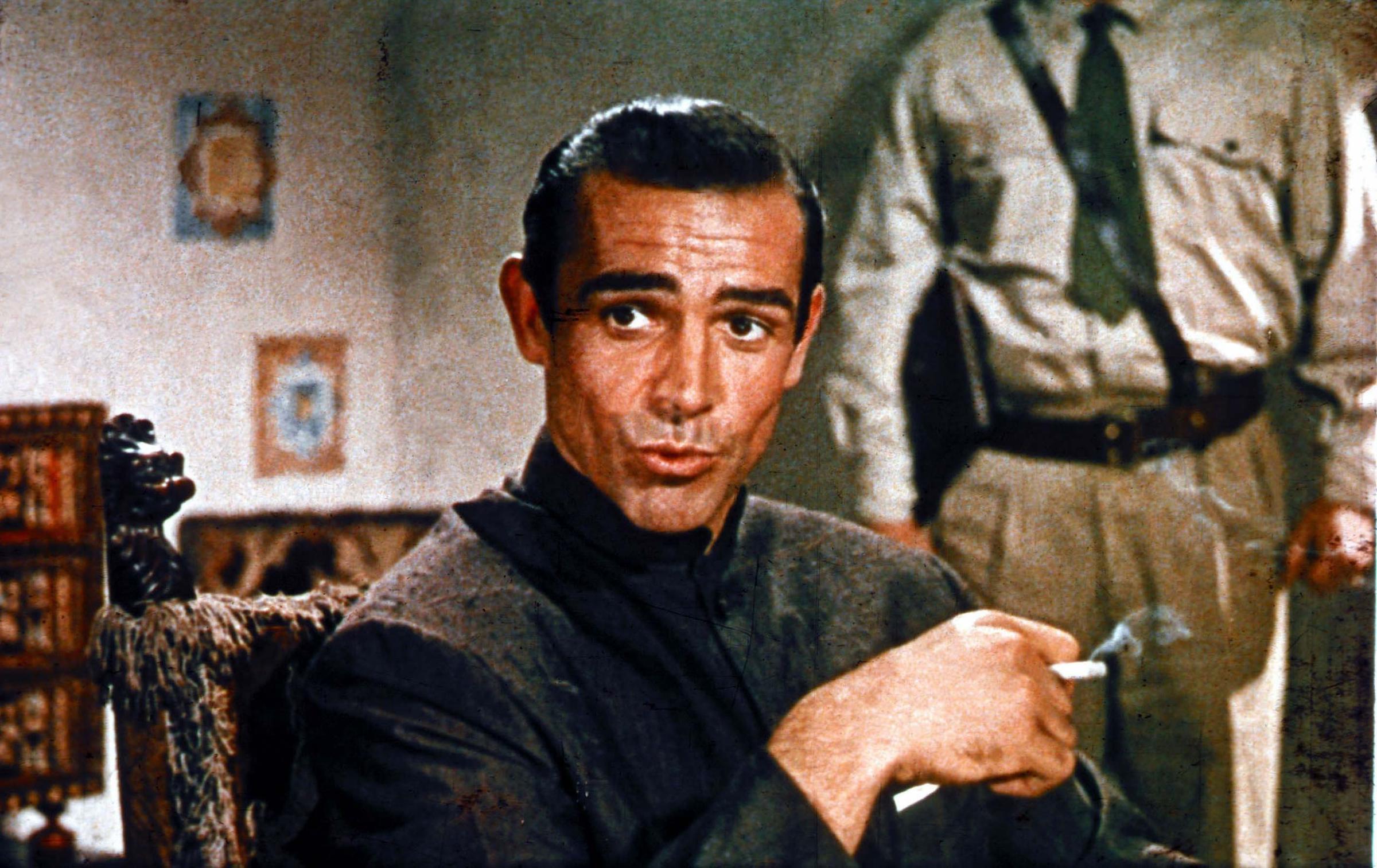
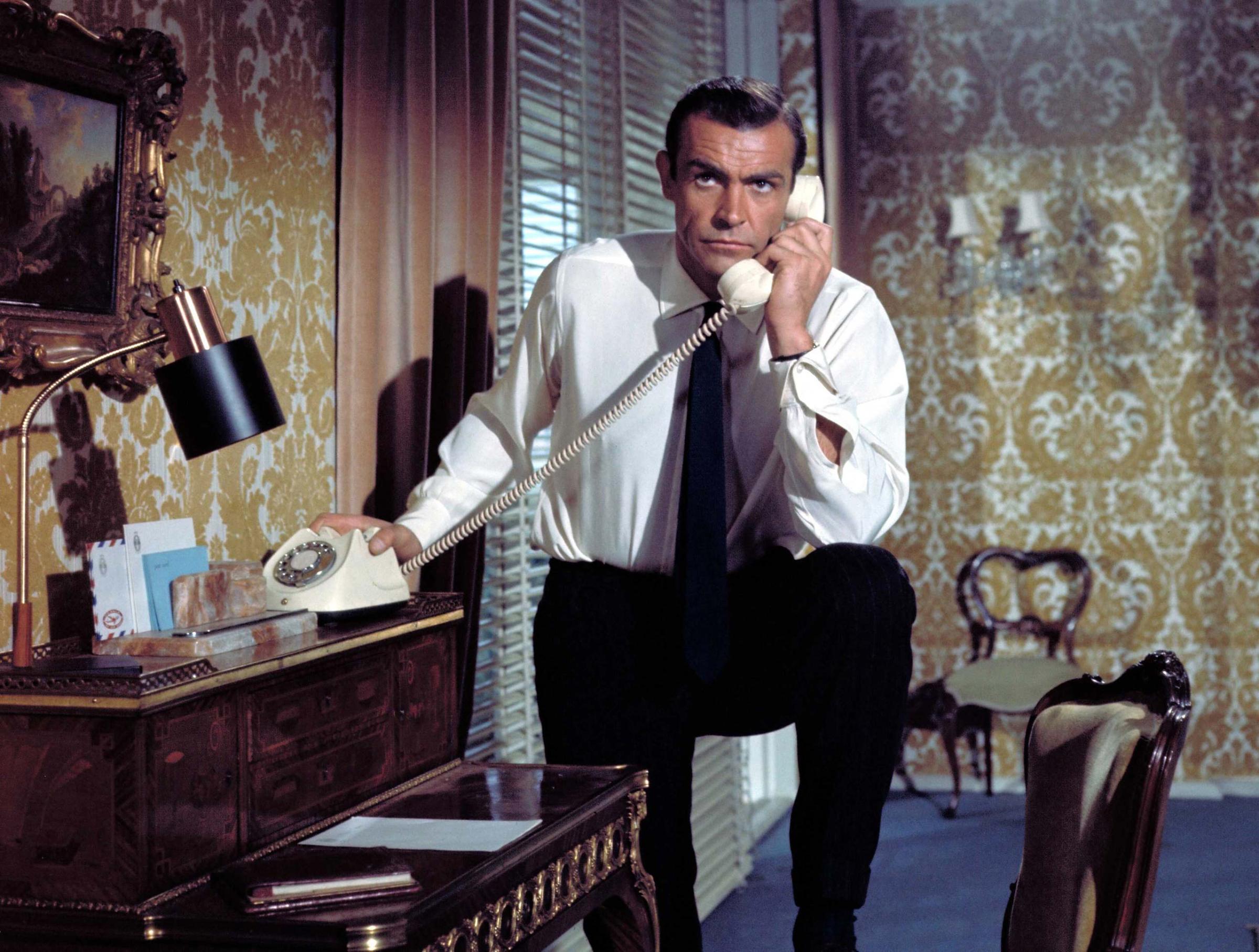
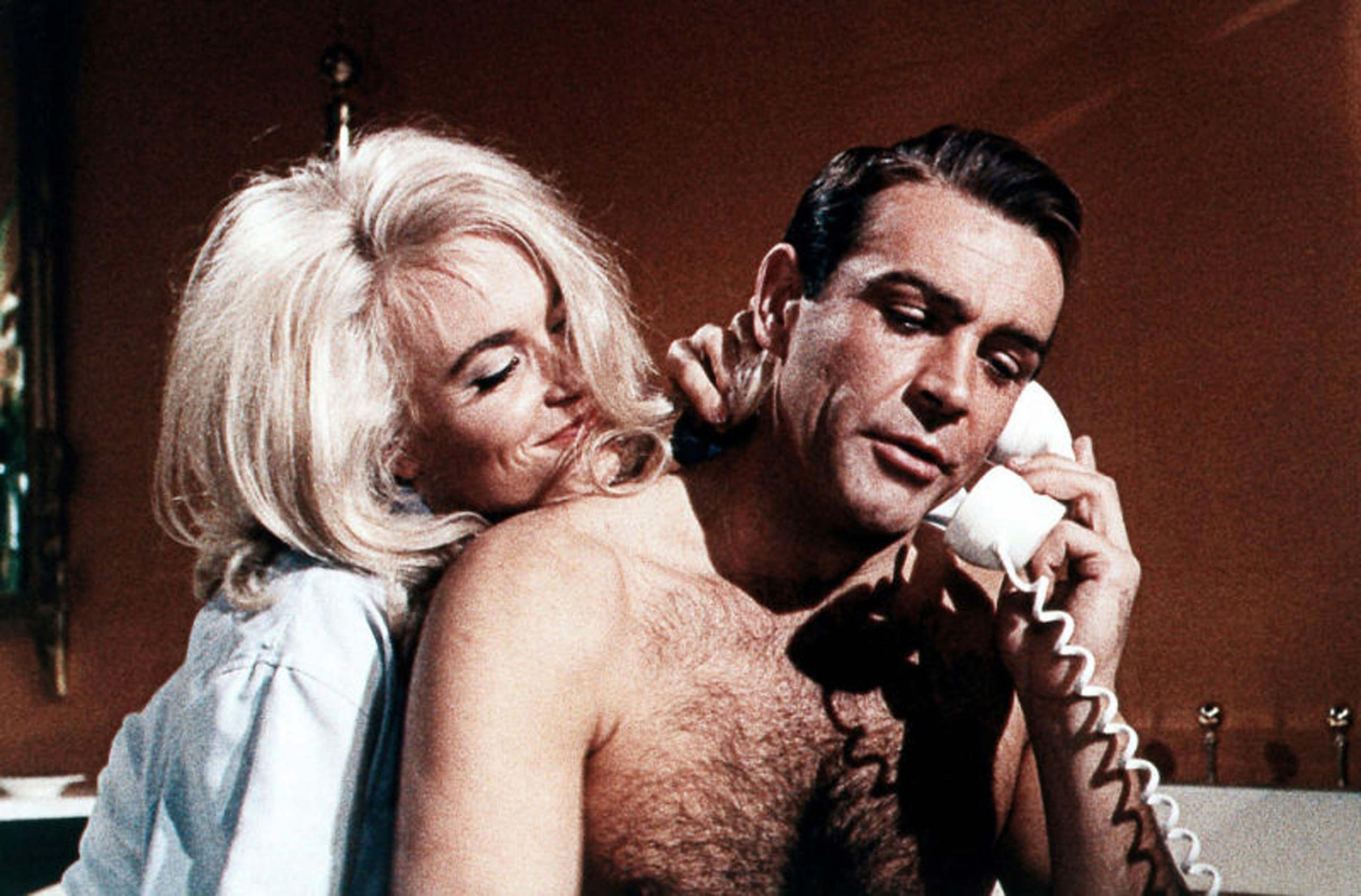

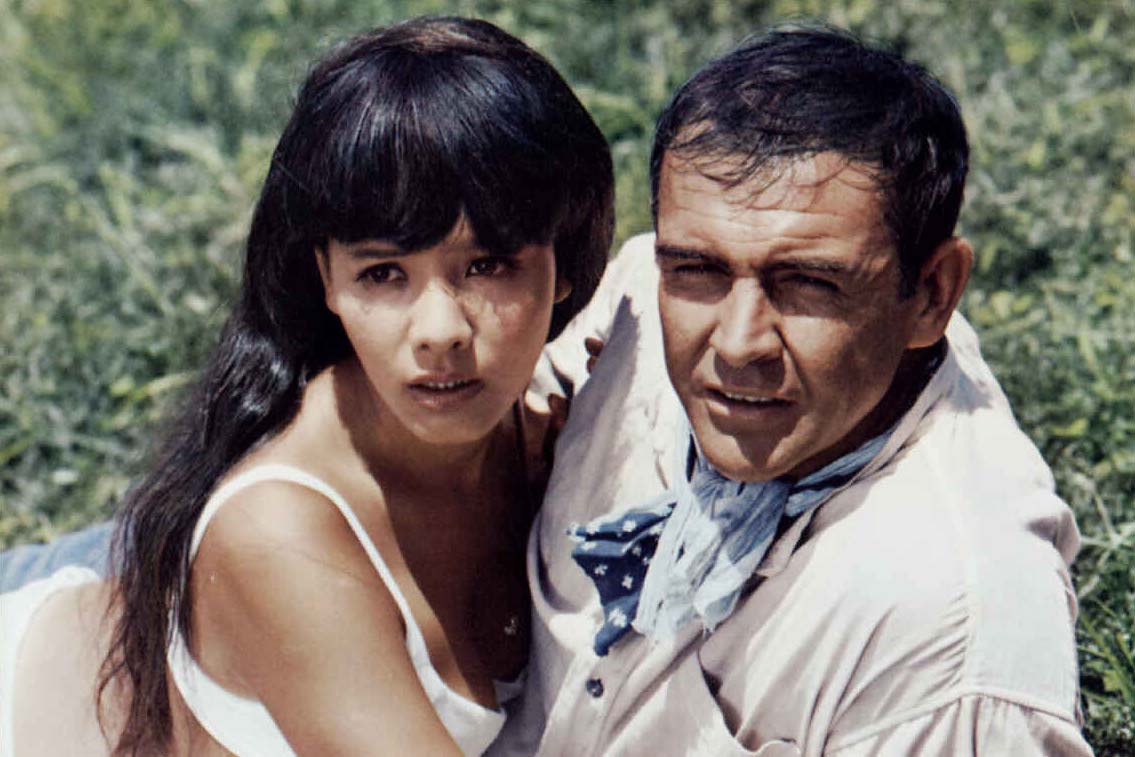
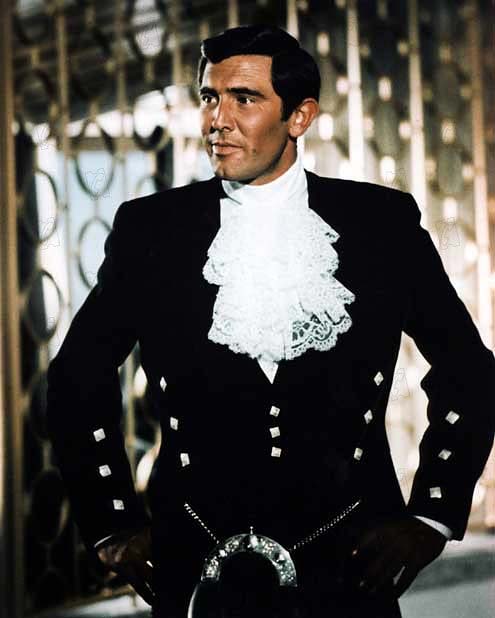
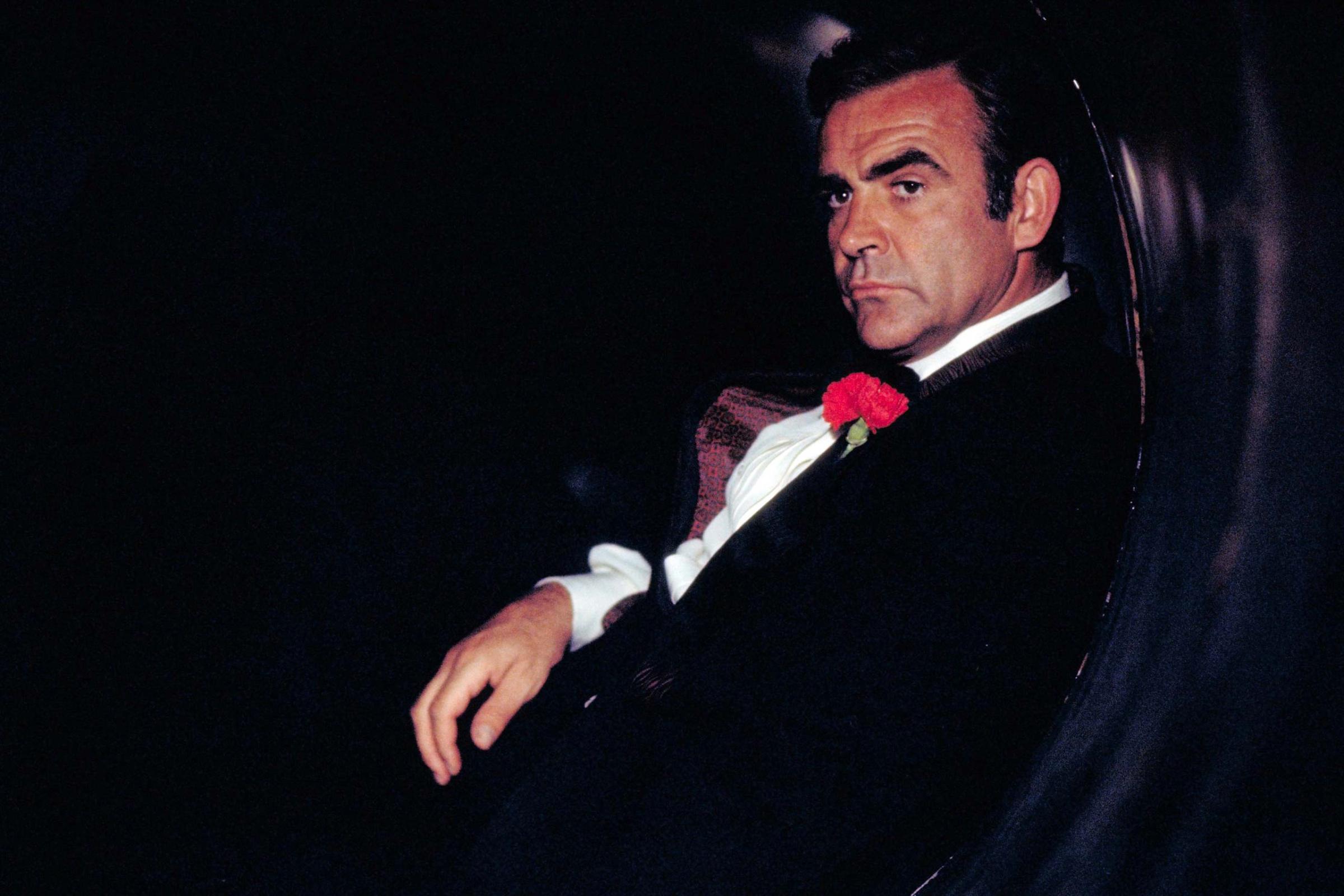
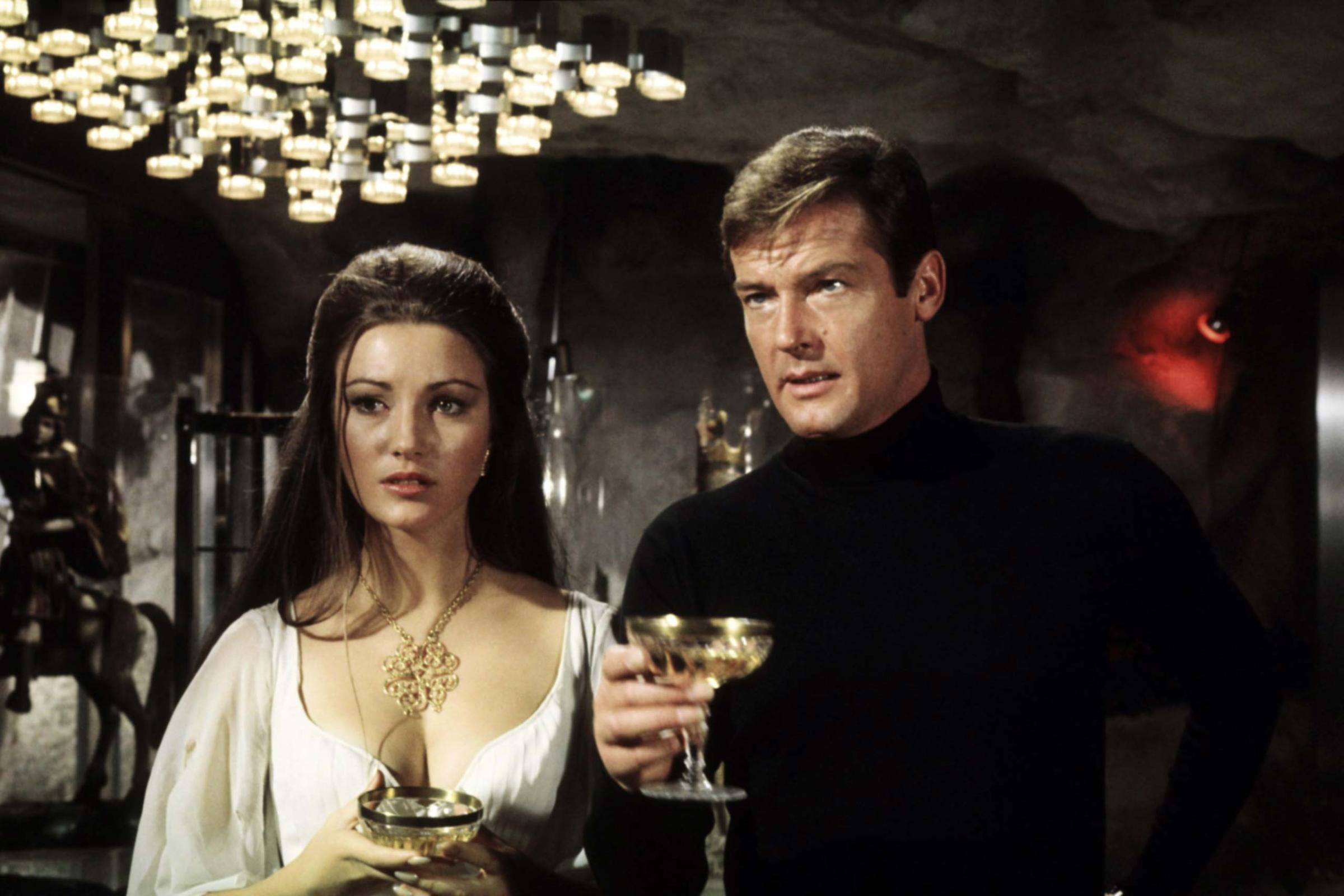
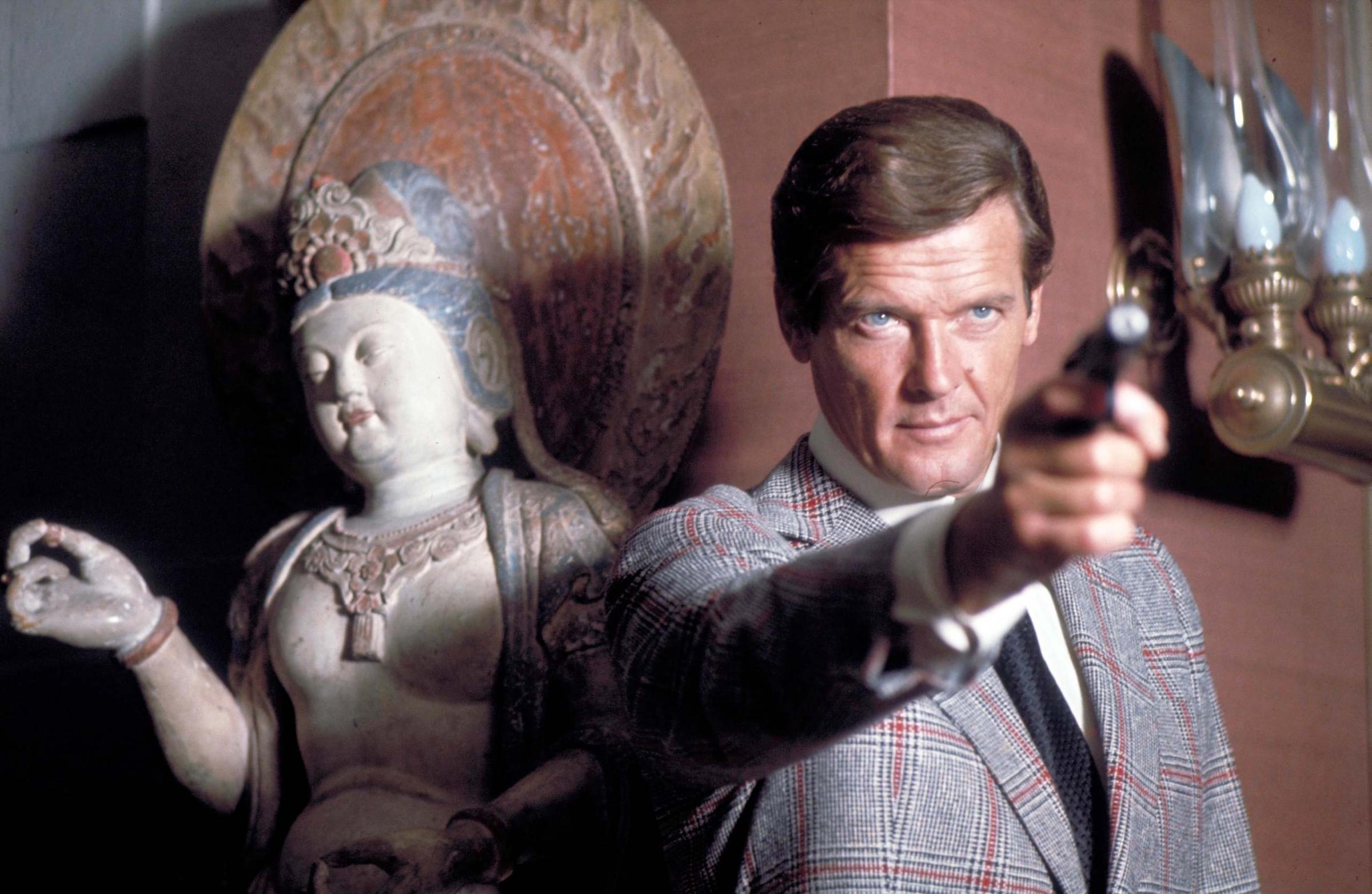
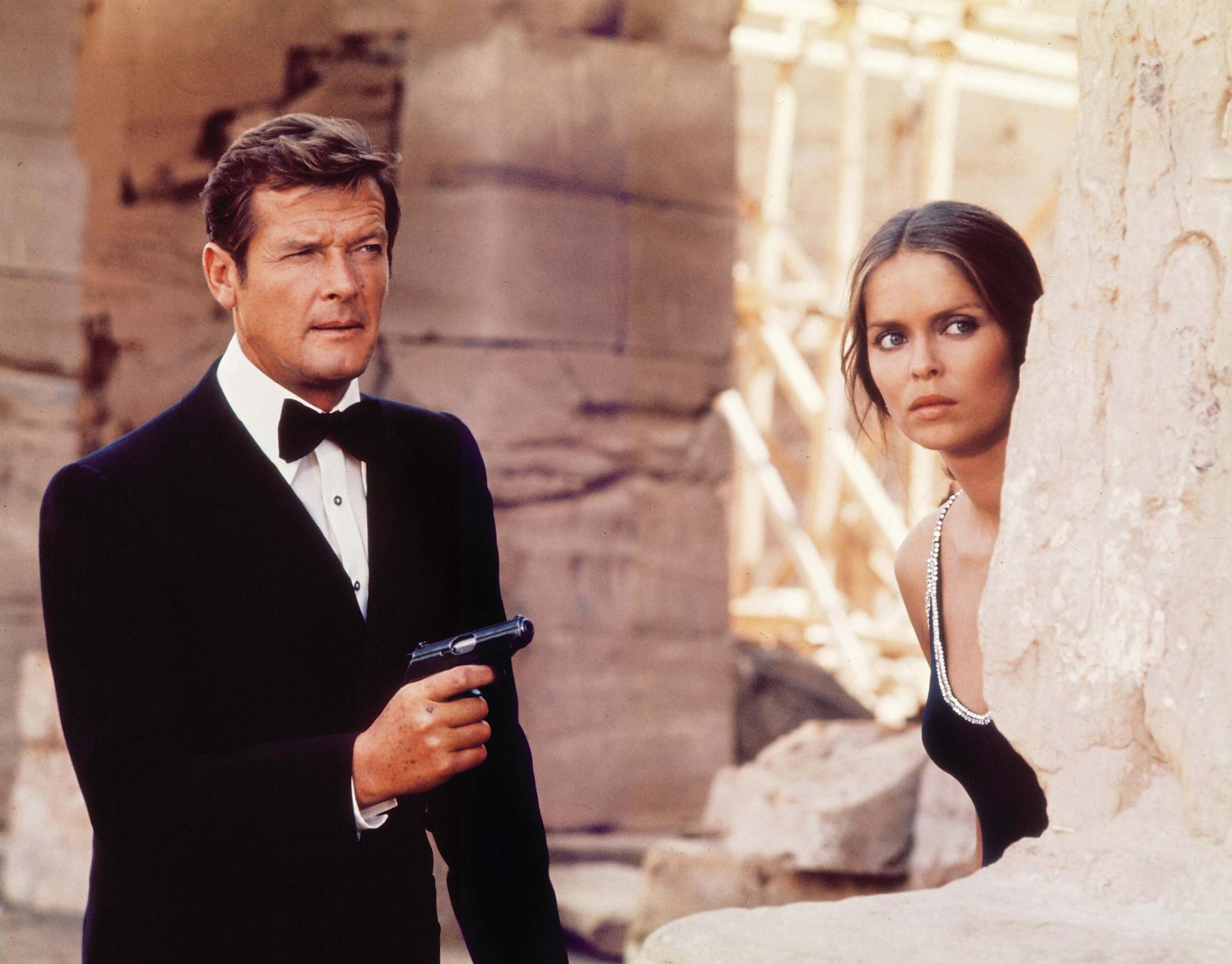
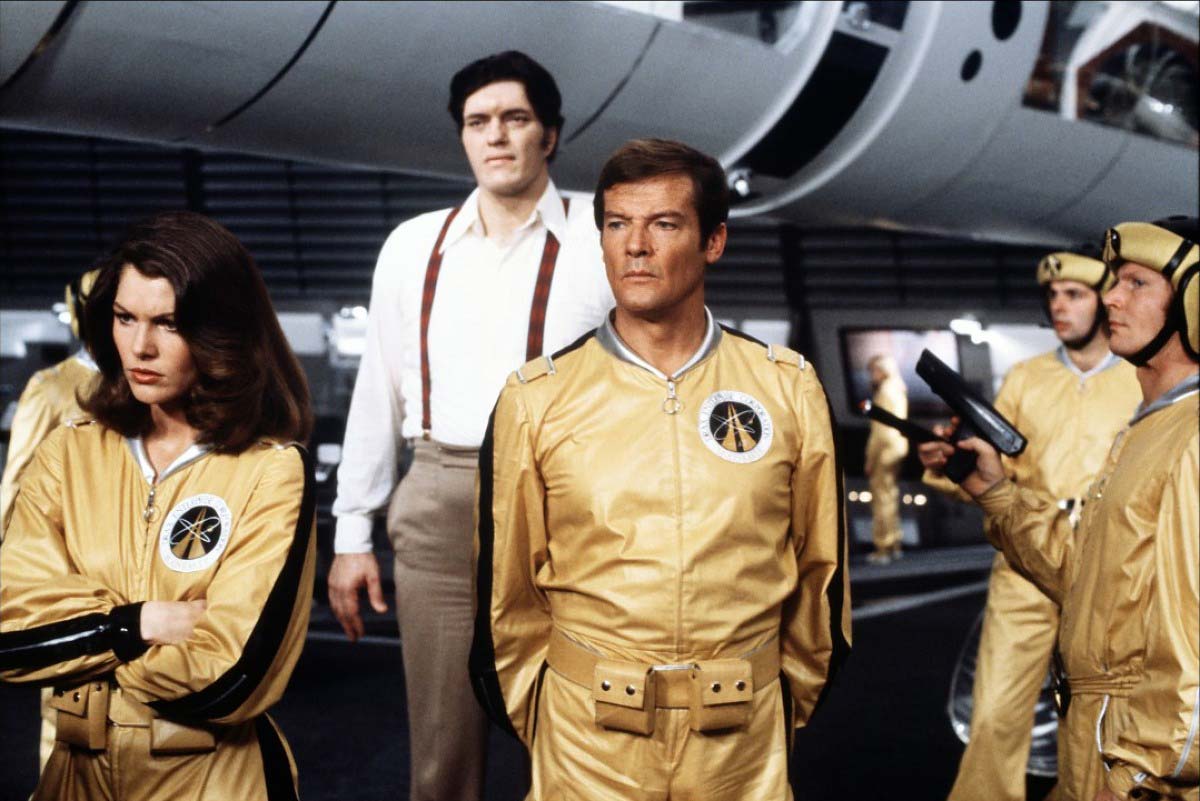
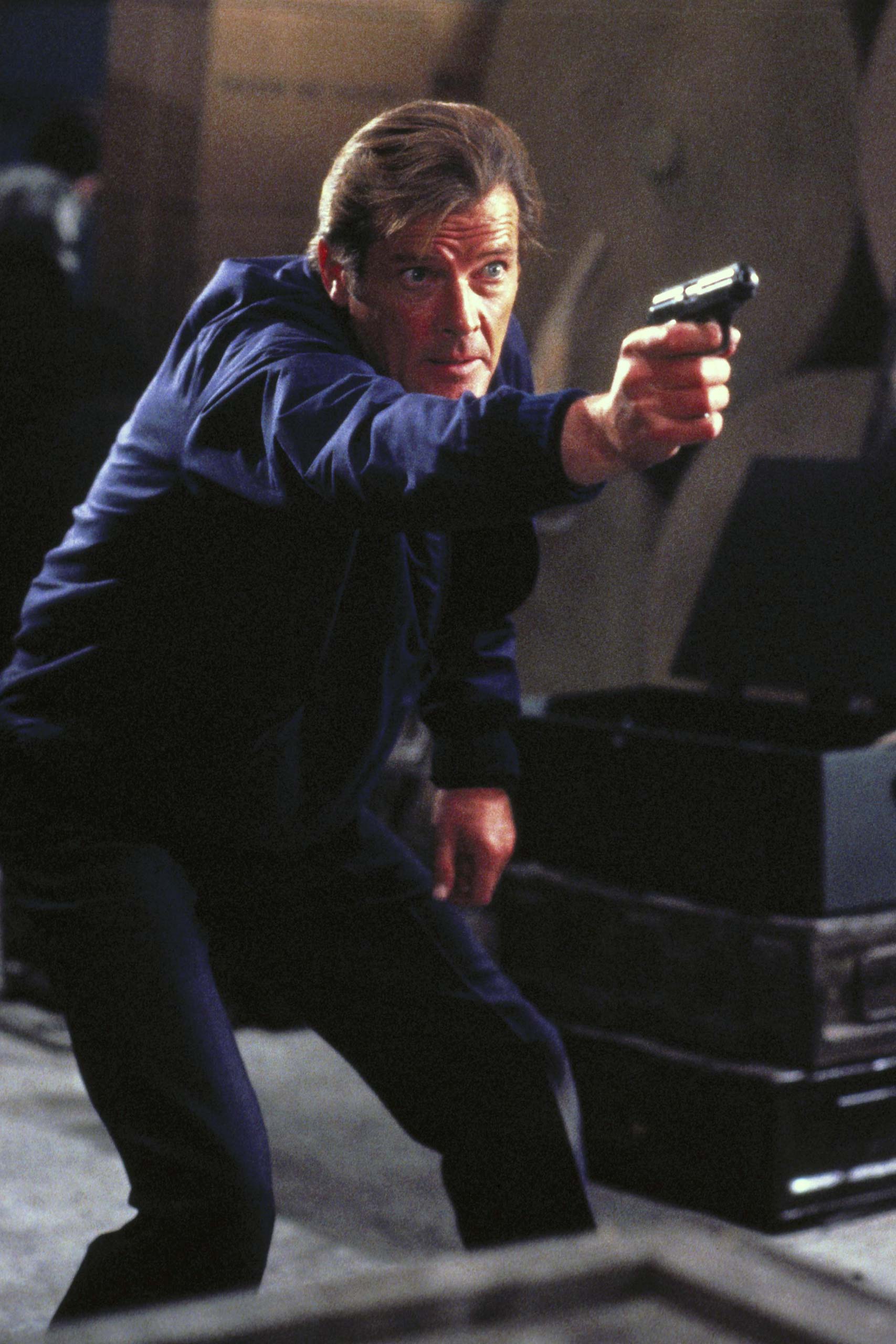
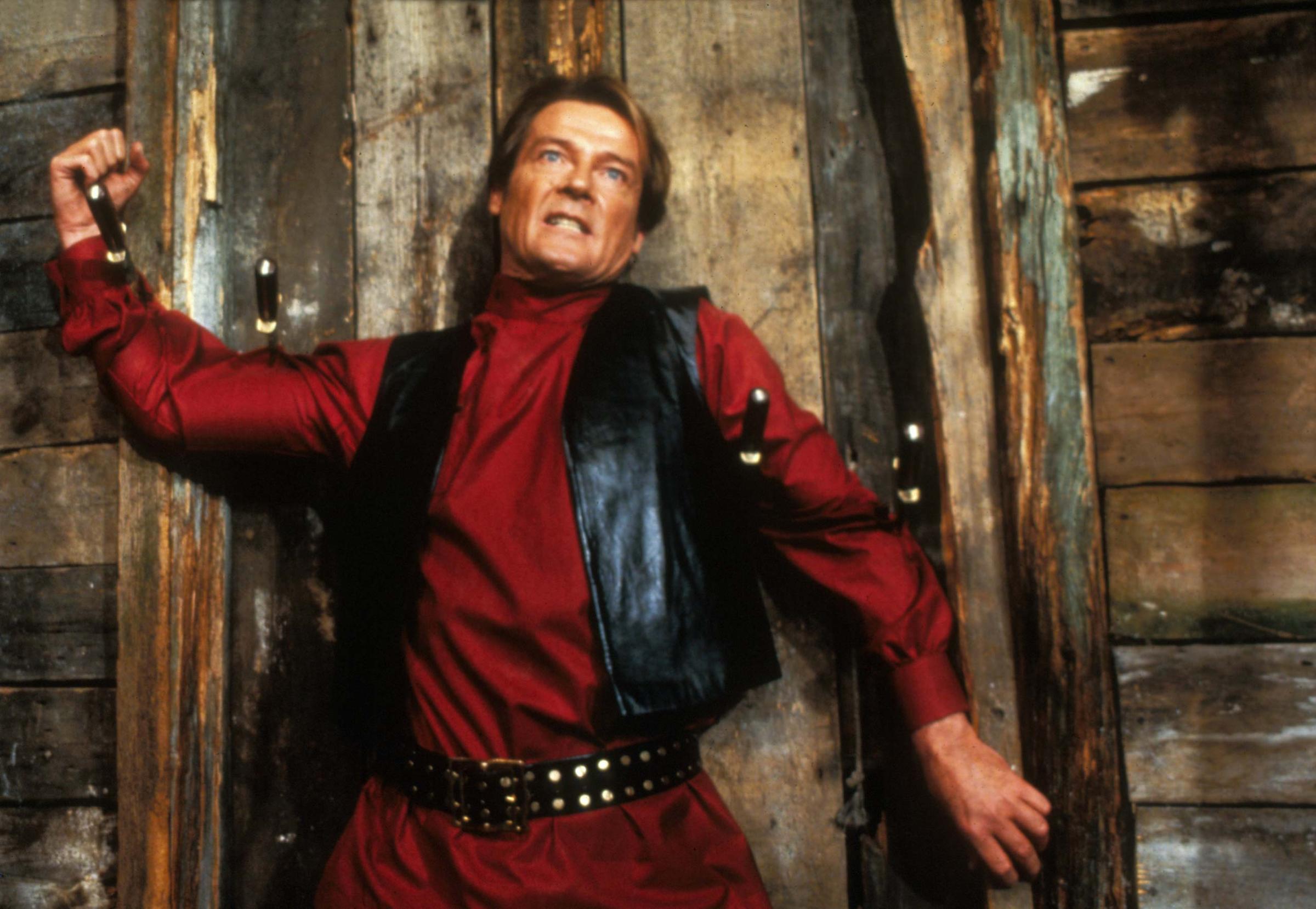
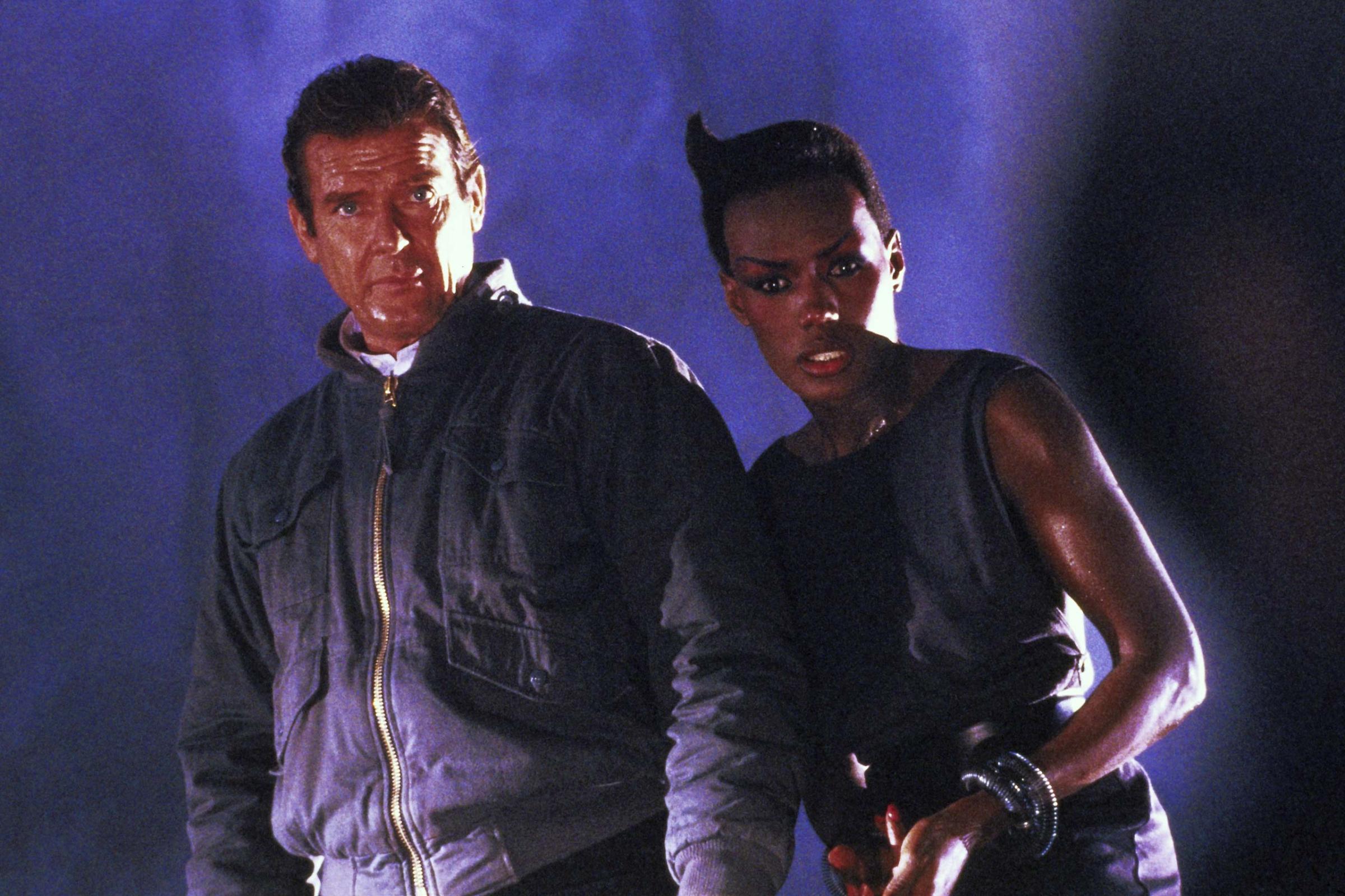
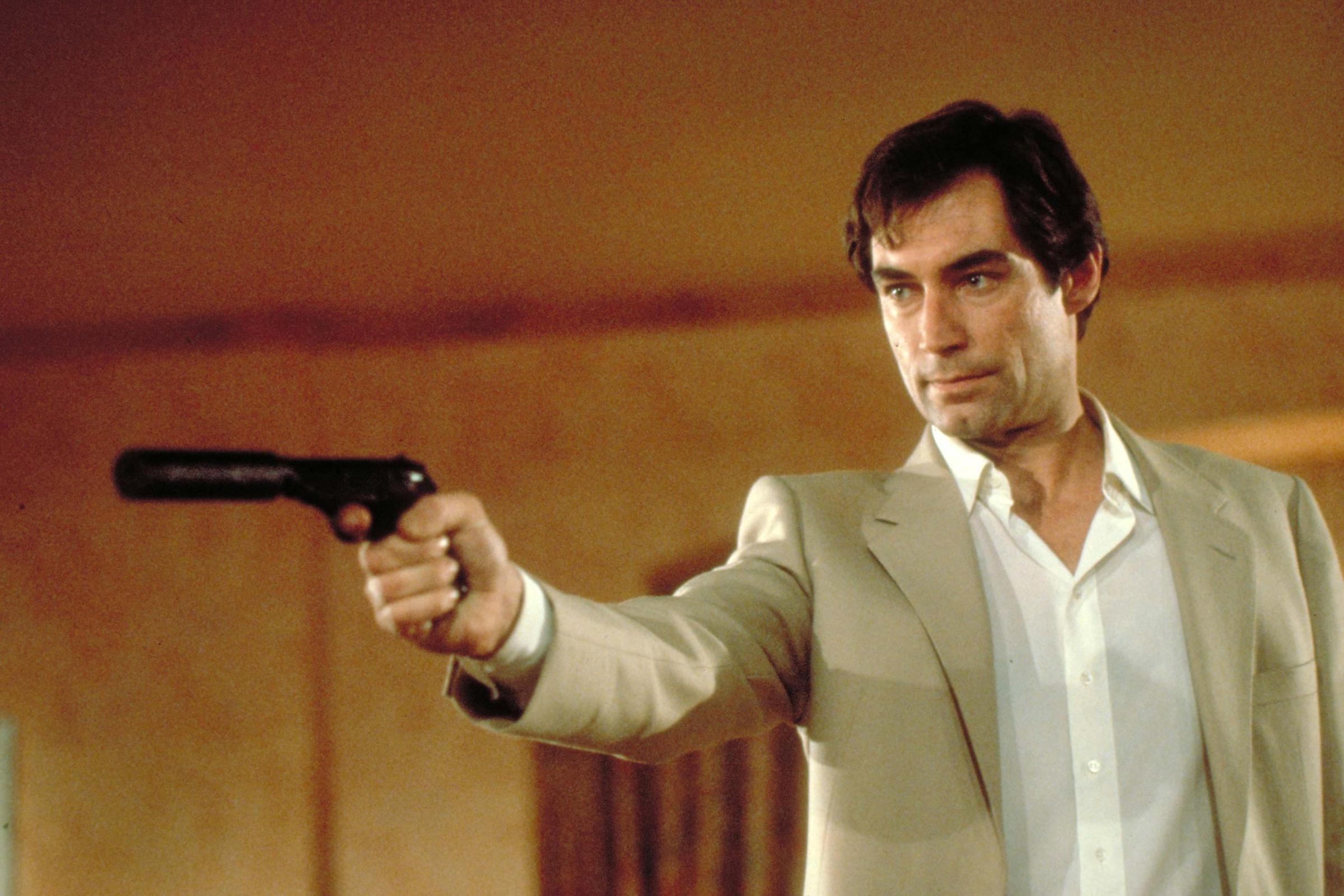
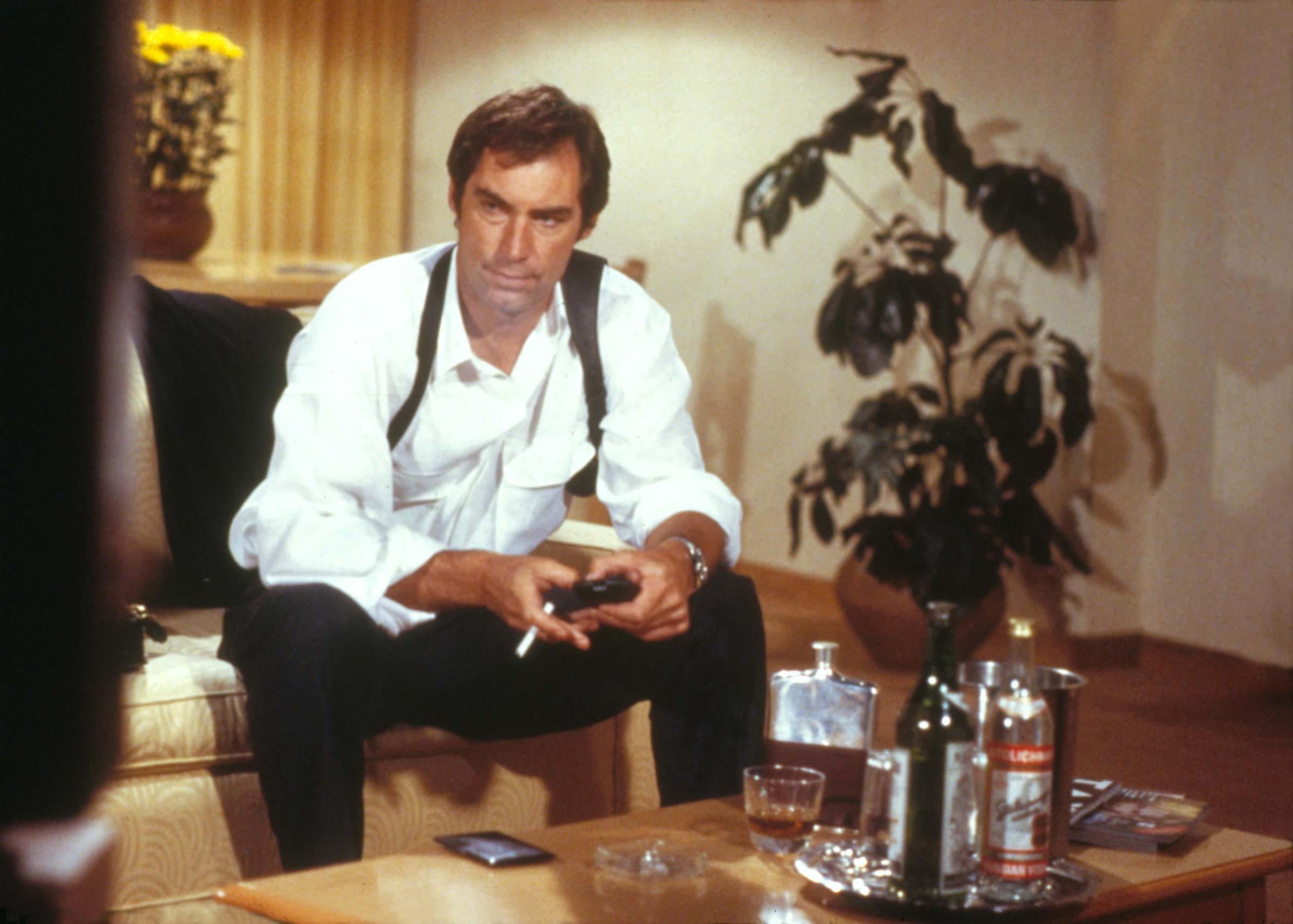

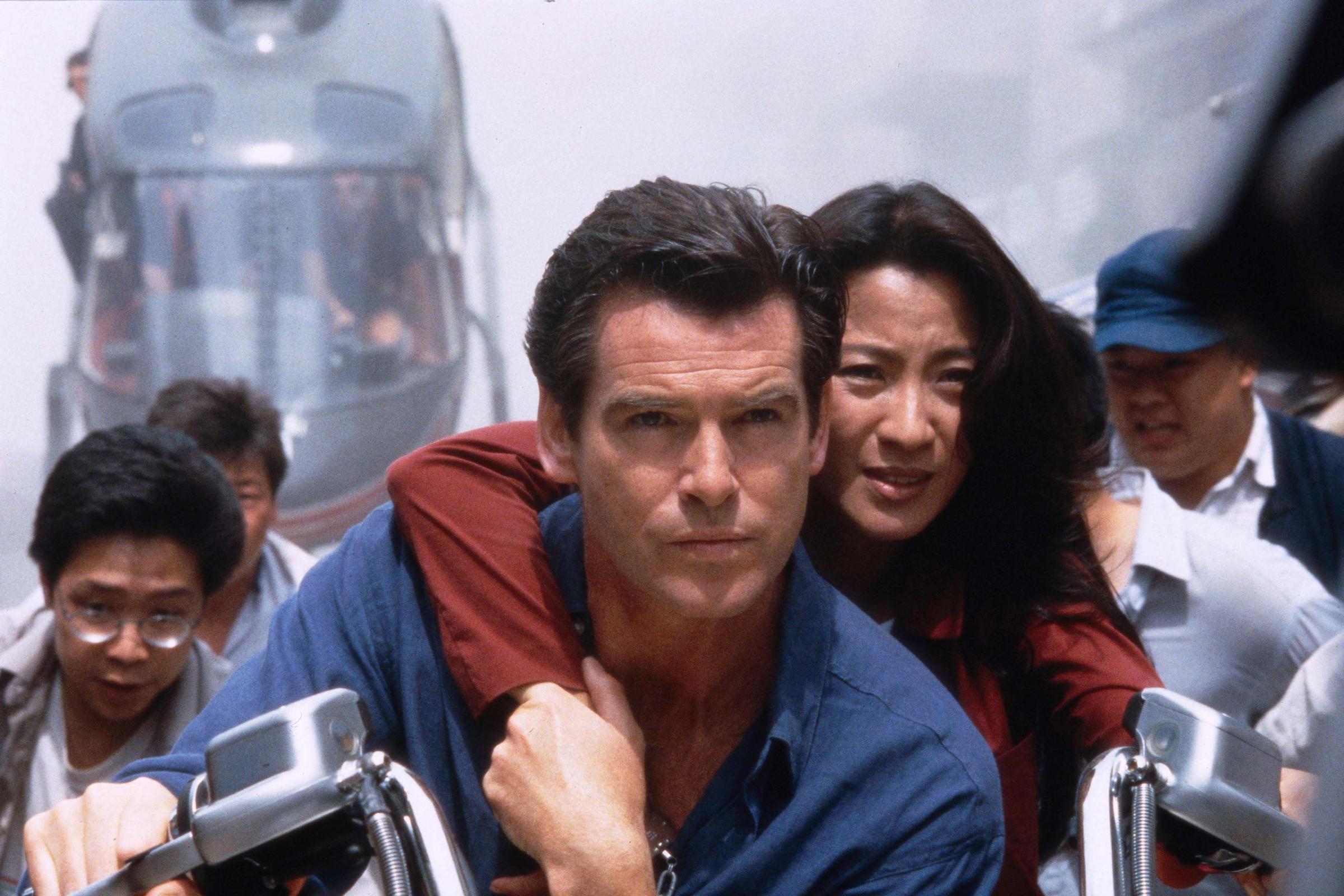
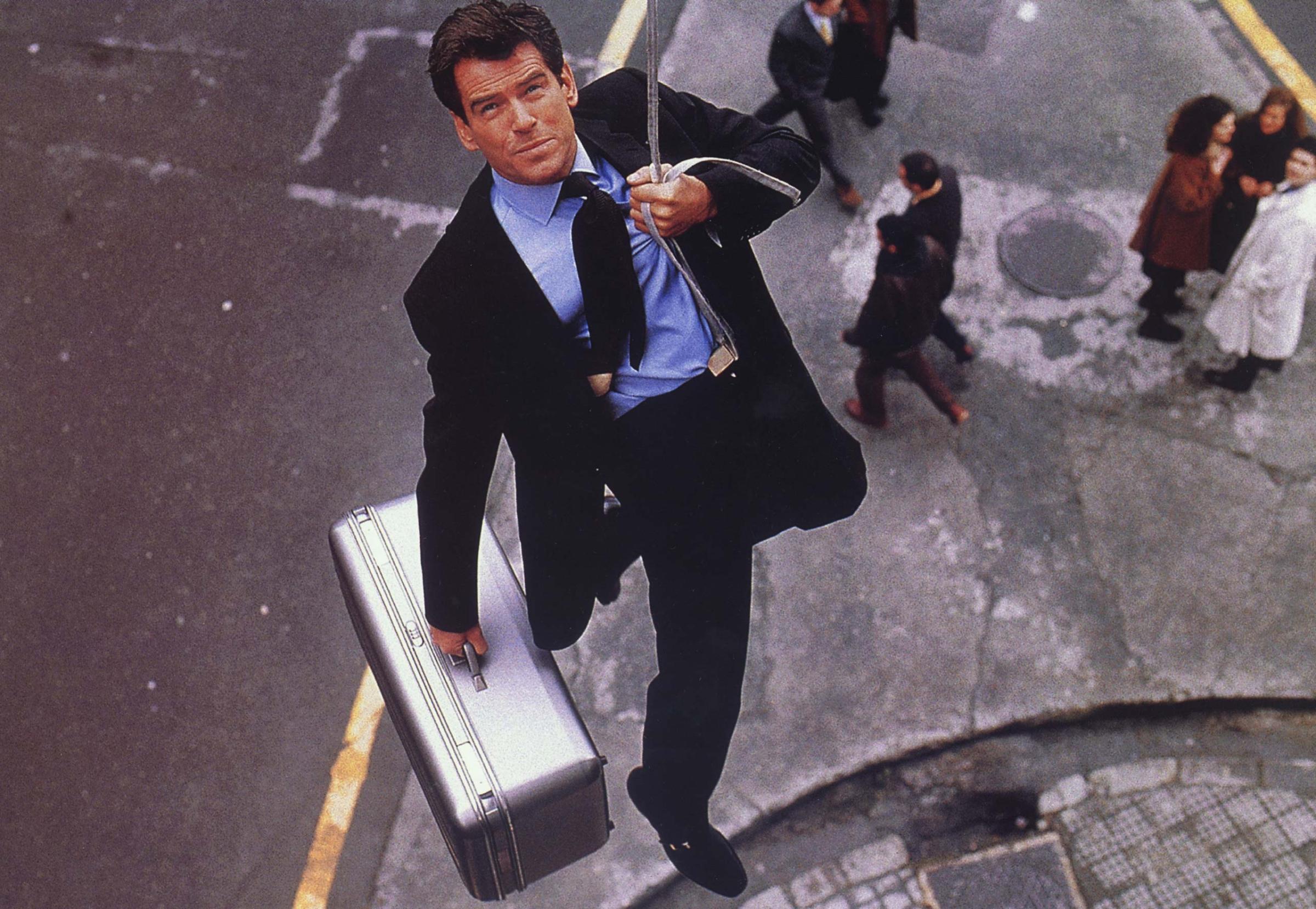

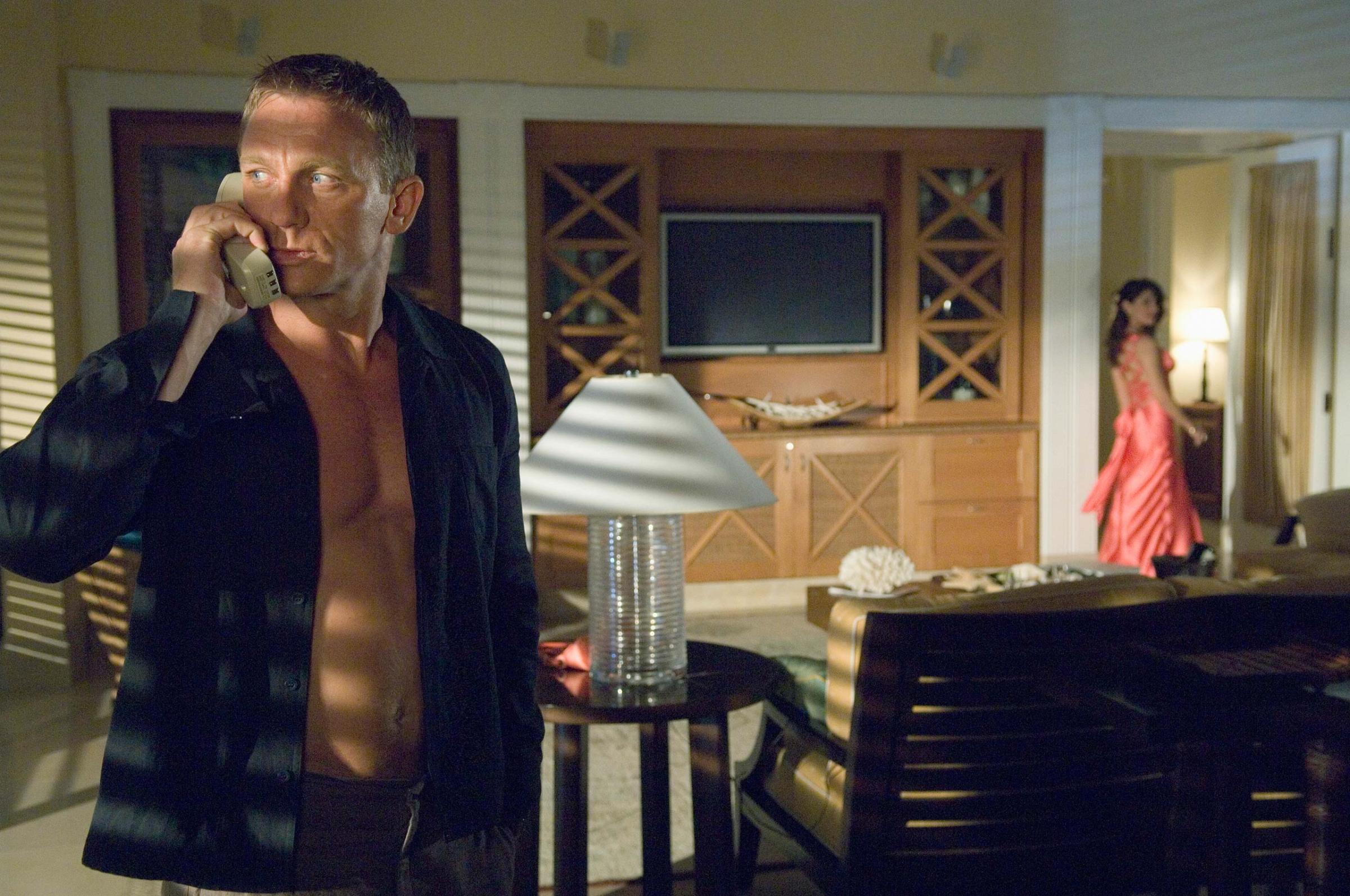
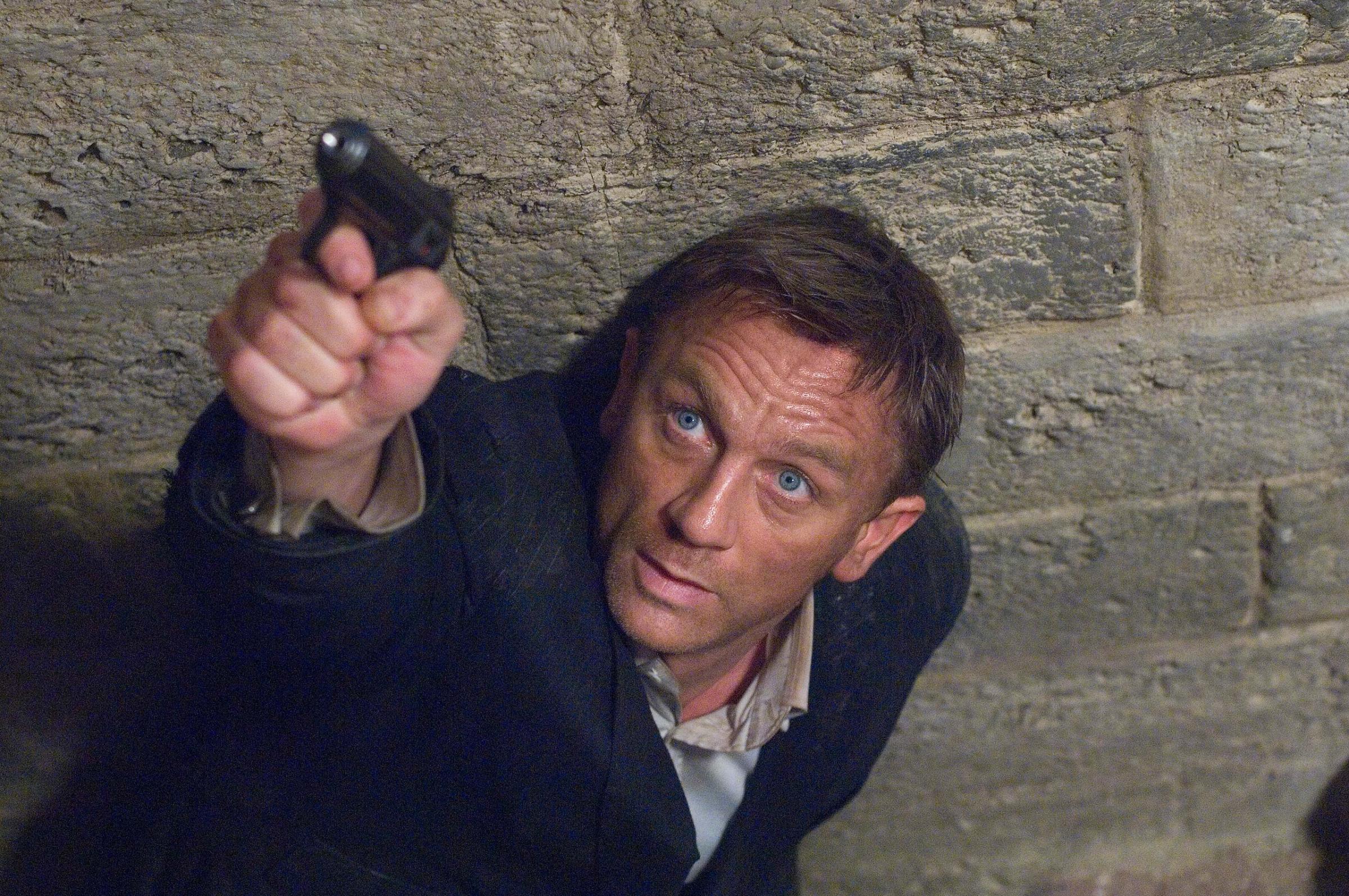

More Must-Reads from TIME
- Caitlin Clark Is TIME's 2024 Athlete of the Year
- Where Trump 2.0 Will Differ From 1.0
- Is Intermittent Fasting Good or Bad for You?
- The 100 Must-Read Books of 2024
- Column: If Optimism Feels Ridiculous Now, Try Hope
- The Future of Climate Action Is Trade Policy
- FX’s Say Nothing Is the Must-Watch Political Thriller of 2024
- Merle Bombardieri Is Helping People Make the Baby Decision
Contact us at letters@time.com